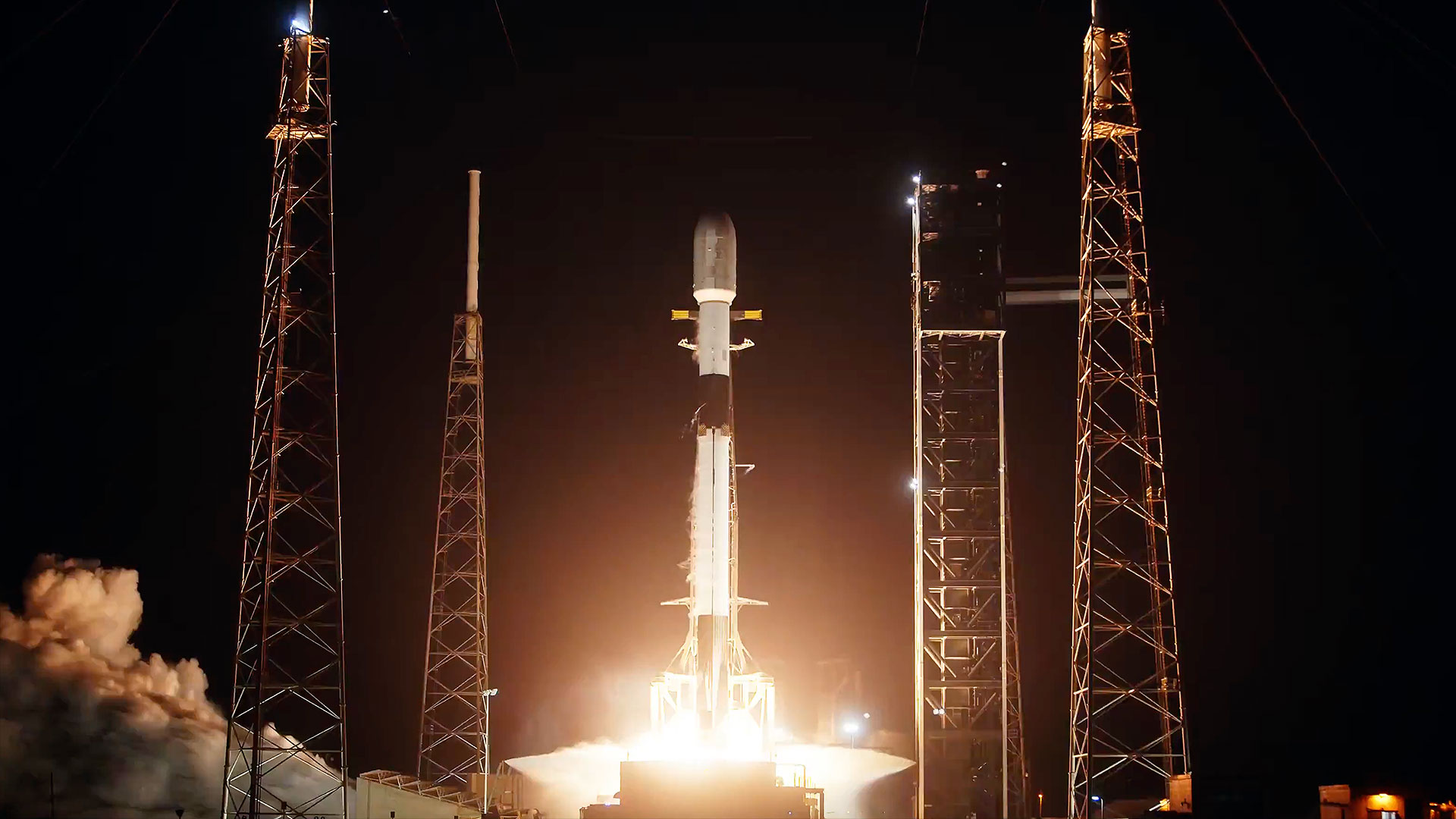'Seeds of a Revolution' Could Help Change NASA
SCOTTSDALE, AZ - Privatization and commercialization of space travel may be poised to skyrocket as NASA inches toward privatization and prize-offerings, leaders at a conference here said Tuesday.
Stating the obvious, Bruce Holmes, director of planning and management at NASA Langley Research Center, said the aerospace industry is mature. But that maturity, he said, will spawn "the seeds of revolution."
Holmes spoke to a gathering of technology, aviation and commercial space industry leaders here Tuesday evening at the opening of Flight School 05, the first of what planners say will be an annual meeting of entrepreneurial minds and top-level mingling.
Holmes is considered an instrumental player in nudging NASA toward greater cooperation with the private sector with a goal of developing and improving air and space travel.
Like other public agencies, NASA's overarching goal is to promote and protect liberty, Holmes said. A key to liberty is mobility, he contends, adding that the goal of greater personal mobility was one reason the agency spends $500 million a year on aviation research. All of that funding is destined to shift to offering prizes and incentives so that private industry can lead the way in developing new technologies, he said.
Wednesday, NASA will announce the first two of its Centennial Challenges space prizes designed to encourage greater commercialization of transporting payloads beyond Earth. Details will be released at the Flight School 05 meeting.
Esther Dyson, a long-time Internet visionary and editor-at-large for CNET, organized the meeting, whose kickoff session overlapped with PC Forum, a relatively small gathering of tech industry leaders including Amazon.com founder Jeff Bezos and numerous other CEOs and representatives of venture capital firms.
Breaking space news, the latest updates on rocket launches, skywatching events and more!
Bezos has plans to build a spaceport in Texas.
Dyson said she hopes the space industry can "learn something from the entrepreneurial experience and excellence" of the tech world. She noted that NASA has long dominated spaceflight but that a shift is in the wind.
"Now if you have a great idea, maybe you can launch it yourself," Dyson said. "Maybe you can sell it to Jeff Bezos."
Questioned about how and where humans will travel in 2050, Holmes said a lot depends on how well NASA and private industry cooperate, especially on getting people back to the Moon. He said the space between Earth and the Moon might best be explored with extensive private cooperation, and that exploration beyond the Moon, including to Mars, would likely require heavier NASA involvement.
Holmes also noted that tremendous improvements in communication bandwidth - the ability to virtually be anywhere at anytime - will spawn other transportation modes and needs and affect our travel in ways we can't imagine.
"I think the bigger question is, 'Will we need to travel?'" Holmes said.
On Wednesday, Flight School 05 will feature discussions and analysis on recent commercial advances in space tourism and other commercial space ventures, along with how and why private industry should push farther into the great beyond. Attendees include visionary physicist Freeman Dyson, Zero Gravity Chairman and CEO Peter Diamandis, and Eric Anderson, President and CEO of Space Adventures.

Rob has been producing internet content since the mid-1990s. He was a writer, editor and Director of Site Operations at Space.com starting in 1999. He served as Managing Editor of LiveScience since its launch in 2004. He then oversaw news operations for the Space.com's then-parent company TechMediaNetwork's growing suite of technology, science and business news sites. Prior to joining the company, Rob was an editor at The Star-Ledger in New Jersey. He has a journalism degree from Humboldt State University in California, is an author and also writes for Medium.
